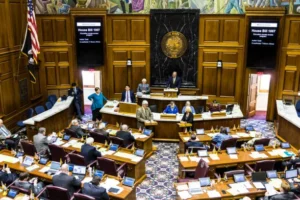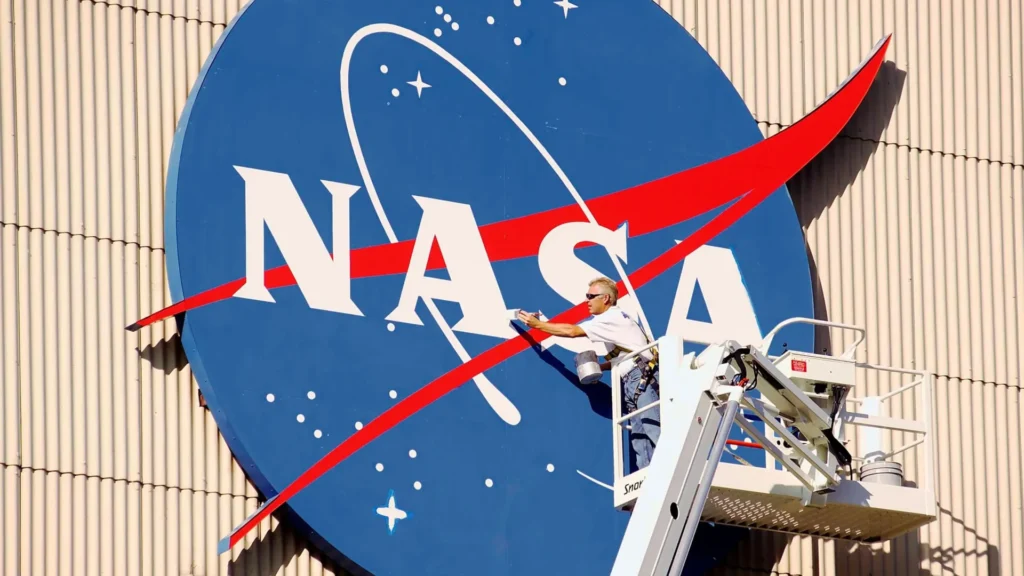Jared Isaacman, nominated as NASA chief, has taken a significant step forward after winning Senate committee approval by a 19–9 vote. The 42-year-old billionaire entrepreneur, known for walking in space as a civilian, must now face a full Senate vote.
Lawmakers from both parties questioned him about conflicts of interest, fiscal priorities, and plans for future space missions. At the confirmation hearing, Isaacman emphasized support for the Artemis lunar program while backing human exploration of Mars.
He told senators that NASA could simultaneously pursue both Moon and Mars missions without sacrificing one for the other. Senators expressed concern that Mars’s goals might undermine Artemis, a mission with bipartisan support and long-term funding already committed.
Isaacman attempted to ease fears, stating that building Mars capabilities would also naturally support lunar missions. The Senate committee vote showed clear partisan splits, with most Democrats opposing worries about private sector influence at NASA.
Still, Isaacman remains likely to win confirmation, given Republican backing and his record as a spaceflight pioneer. He made headlines in 2021 by commanding the first all-civilian mission to orbit aboard a SpaceX rocket, funded with his own fortune.
His appointment would signal a bold shift, aligning NASA more closely with the commercial space sector’s fast-paced innovations. Isaacman has openly criticized major aerospace contractors, saying their business models discourage cost efficiency in government-backed missions. He’s expected to push NASA to adopt private-sector approaches that reduce costs and accelerate project timelines.
Some concerns about a 2010 arrest involving casino checks resurfaced, but Isaacman said the misunderstanding was quickly resolved in court. President Donald Trump endorsed his leadership, calling it key to “groundbreaking achievements” in science and space exploration.
If confirmed, Isaacman plans to guide NASA through a “second space age” with growing commercial and interplanetary ambitions. Jared Isaacman, nominated as NASA chief, could mark a turning point in U.S. space strategy, blending public ambition with private momentum.









